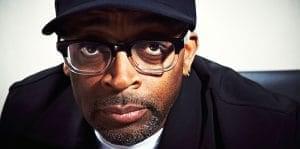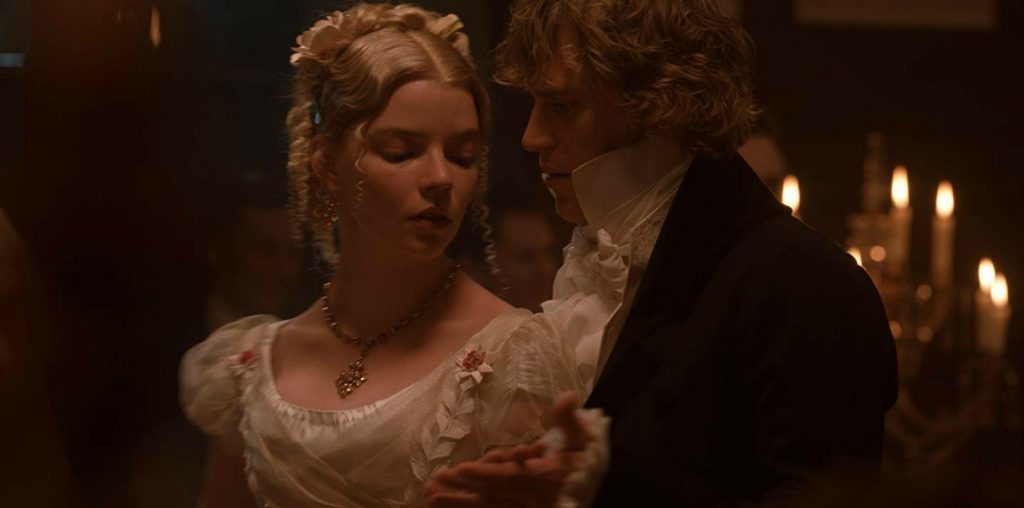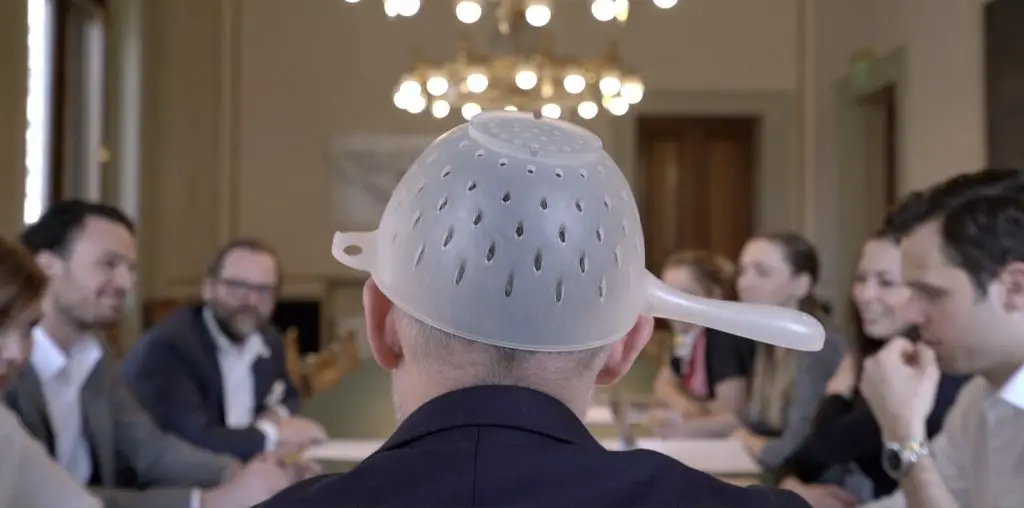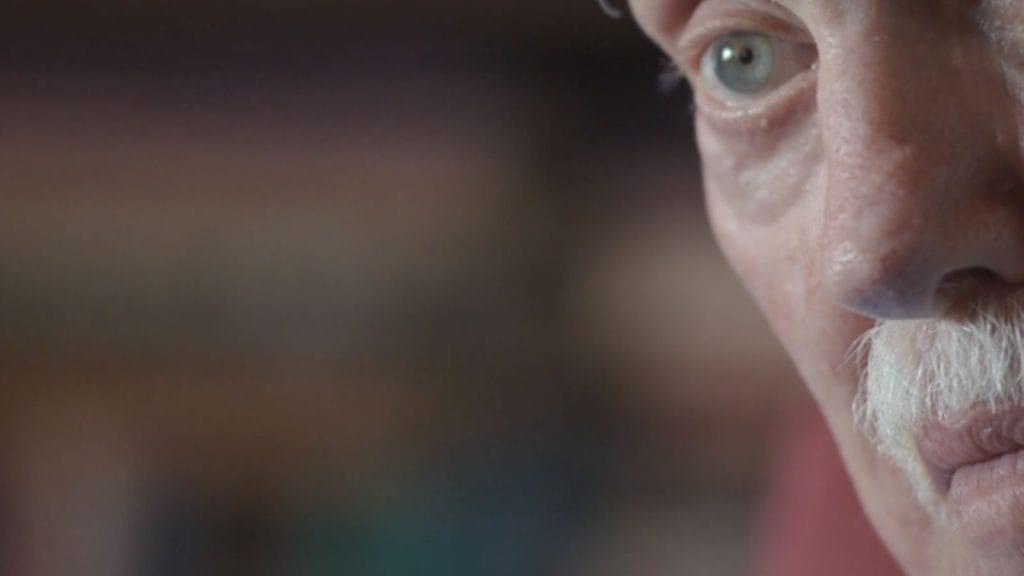
Which isn’t so bad, because those questions need to be asked. Debra Wilson, from MAD TV, calls the kinds of stereotyped characters seen so often on TV “blackity-black-black.” How do you change that?
(LAUGHS) You change it by getting into those positions of the gatekeepers, the people who decide this show’s getting made and this show’s not getting made. The decision-making positions.
You know you mentioned that Bamboozled almost didn’t get made. Is it that difficult to get financing? Does it come down to the gatekeepers with the money that decide what gets made, what gets put on prime time TV?
That’s what it comes down to, and we’re not in those positions. Of all the Wesley Snipes and the Denzel’s and the Will Smith’s and Chris Tucker’s and Martin Lawrence and everybody, those are just actors. We’re not in those positions at the studio’s that say “Alright I’m making this.”
“The easiest way to dismiss my work, especially work that deals with racism, is to call me a racist.”
There’s the perception that you “hate white people.” I’ve been following your career from the beginning, I’ve seen your films, I don’t get that. Why do you think that there’s this misunderstanding?
The easiest way to dismiss my work, especially work that deals with racism, is to call me a racist. Therefore, my work has no merit, because how can he be talking about racism when he’s a racist himself? You know the old trick. But I think people are really smart, they’re not going for that s**t.
I want to talk about the New York Times and the fact they rejected the original ads for Bamboozled. You must have known…



I met Spike Lee three years ago at Tribeca Film Festival I was working for the fest at the time. I actually had a Film Threat hat on and he was walking by me I saw him looking at my hat. He actually gave me a head now and stuck his hand out and shook my hand. I told him seeing School Case as a kid was one of the reasons I got into film. He’s a super cool humble guy.